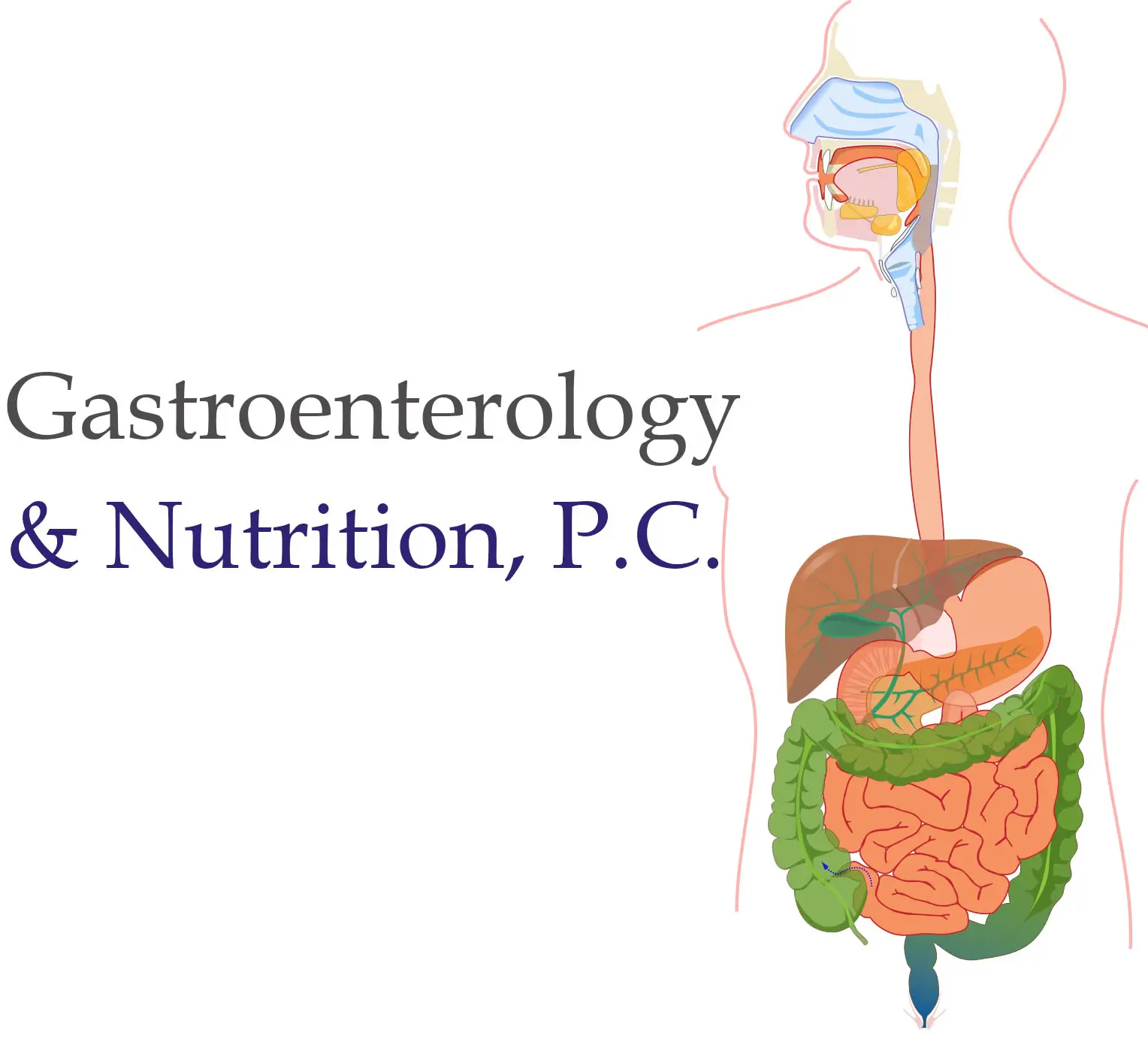Colorectal cancer is one of the most common cancers in the United States. While smoking is widely known to cause lung and heart disease, many people don’t realize it can also increase the risk of colorectal cancer.
According to Dr. Yuriy Israel, research has shown that smoking is linked to an increased risk of several cancers, including colorectal cancer. Although other factors play a role, studies suggest that long-term smoking significantly raises the likelihood of developing this disease.
If you want to understand the risks and explore treatment options for colorectal cancer, keep reading.
What Is Colorectal Cancer?
Colorectal cancer begins in the colon or rectum. The colon is a part of the digestive system that helps process food and remove waste. Cancer in this area can grow silently for years before symptoms appear. That’s why regular screenings are important.
How Does Smoking Affect Your Colon?
Your colon plays a crucial role in digestion by absorbing water and removing waste. When you smoke, harmful chemicals enter your bloodstream and travel to different organs, including the colon. Here’s how smoking can harm your colon:
- It damages the DNA in colon cells, increasing the likelihood of cancer.
- It weakens the immune system, making it harder to fight cancer cells.
- It disrupts gut health by promoting the growth of harmful bacteria.
- It causes inflammation, which can lead to long-term cell damage.
Research indicates that smokers are at a higher risk of developing colorectal cancer than non-smokers. The longer you smoke, the greater the risk.
Who Is at Risk?
While smoking is a significant risk factor, it’s not the only one. Other contributing factors include:
- Age: Most cases occur in people over 45.
- Family history: A close relative with colorectal cancer increases the risk.
- Diet: Frequent consumption of red and processed meats raises the risk.
Can Quitting Smoking Lower the Risk?
Yes! The sooner you quit smoking, the better for your health. Research indicates that former smokers have a lower risk of colorectal cancer than current smokers. Over time, the body begins to heal, and the risk decreases.
Quitting smoking can:
- Reduce the likelihood of cancer development.
- Improve the body’s ability to repair damaged cells.
- Strengthen the immune system.
- Decrease inflammation in the digestive system.
Even if you have smoked for years, quitting now can still have a positive impact.
Screening and Early Detection
One of the best ways to prevent colorectal cancer is through regular screening. A colonoscopy is an effective test that allows medical professionals to detect and remove polyps (small growths) before they become cancerous.
At Gastroenterology and Nutrition, P.C., we specialize in colorectal cancer screening. Our expert team, led by Dr. Samuel Davidoff and consisting of Dr. Yuriy Israel and Emanuel Yaakobov, FNP, provides high-quality care in a comfortable setting. We use advanced technology to ensure safe and accurate procedures.
If you’re looking for expert colorectal cancer treatment near me, our clinic in Forest Hills, NY, offers specialized care to help you with prevention, screening, and treatment options.
Signs and Symptoms of Colorectal Cancer
Colorectal cancer often develops without noticeable symptoms in the early stages. That’s why screening is so important. However, warning signs may include:
- Blood in the stool
- Changes in bowel habit (new-onset diarrhea or constipation)
- Persistent stomach pain or cramping
- Unexplained weight loss
- Fatigue or weakness
If you experience any of these symptoms, seek medical advice as soon as possible. At Gastroenterology and Nutrition, P.C., we are committed to providing the best colorectal cancer treatment in Forest Hills. Our expert team, led by Dr. Yuriy Israel, offers advanced screening and treatment options tailored to each patient’s needs.
Final Thoughts
Smoking harms more than just the lungs; it raises the risk of colorectal cancer and several other serious health conditions. The good news is that quitting and making healthier lifestyle choices can lower your risk.
For expert colorectal cancer treatment in Forest Hills, NY, visit Gastroenterology and Nutrition, P.C., or call 718-261-0900 to schedule a consultation.
Frequently Asked Questions
How can I lower my chances of getting colorectal cancer?
You can reduce your risk by quitting smoking, eating a healthy diet, staying active, and getting regular screenings.
When should I start getting screened for colorectal cancer?
Most people should begin colorectal cancer screenings at age 45, as recommended by the American Cancer Society. However, if you have a family history or other risk factors, your doctor may recommend starting earlier.
What is the best test for detecting colorectal cancer?
A colonoscopy is the most effective test, allowing doctors to identify and remove precancerous polyps before they turn into cancer.
Disclaimer
This article is for informational purposes only and is not a substitute for medical advice. If you have concerns about your health, symptoms, or risk factors, please consult a licensed healthcare provider. The information provided here is based on general medical knowledge and may not apply to individual cases. For professional medical guidance, visit Gastroenterology and Nutrition, P.C. in Forest Hills, NY, or call 718-261-0900 to schedule a consultation.





